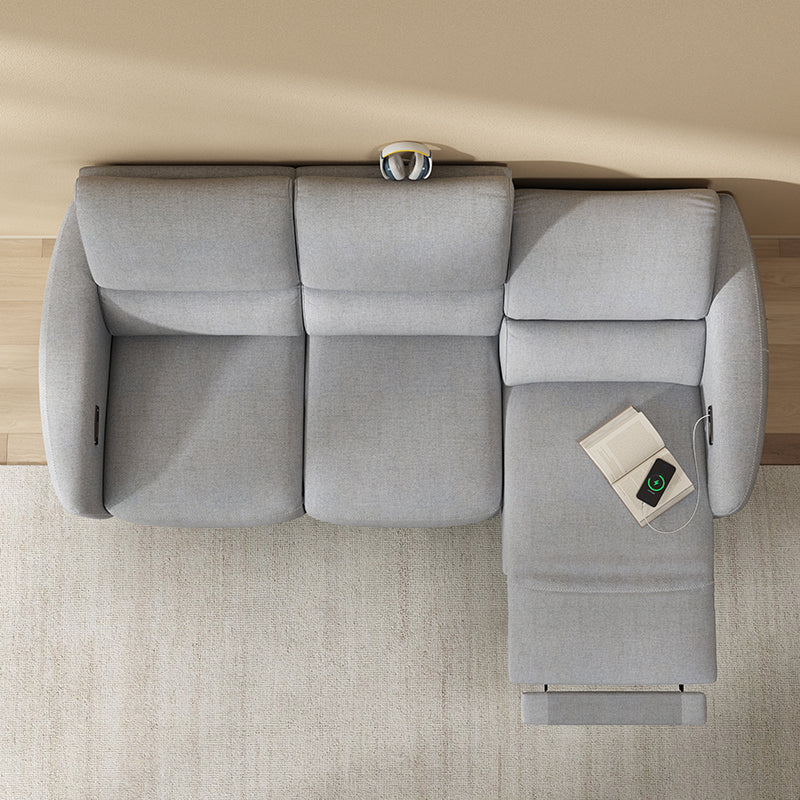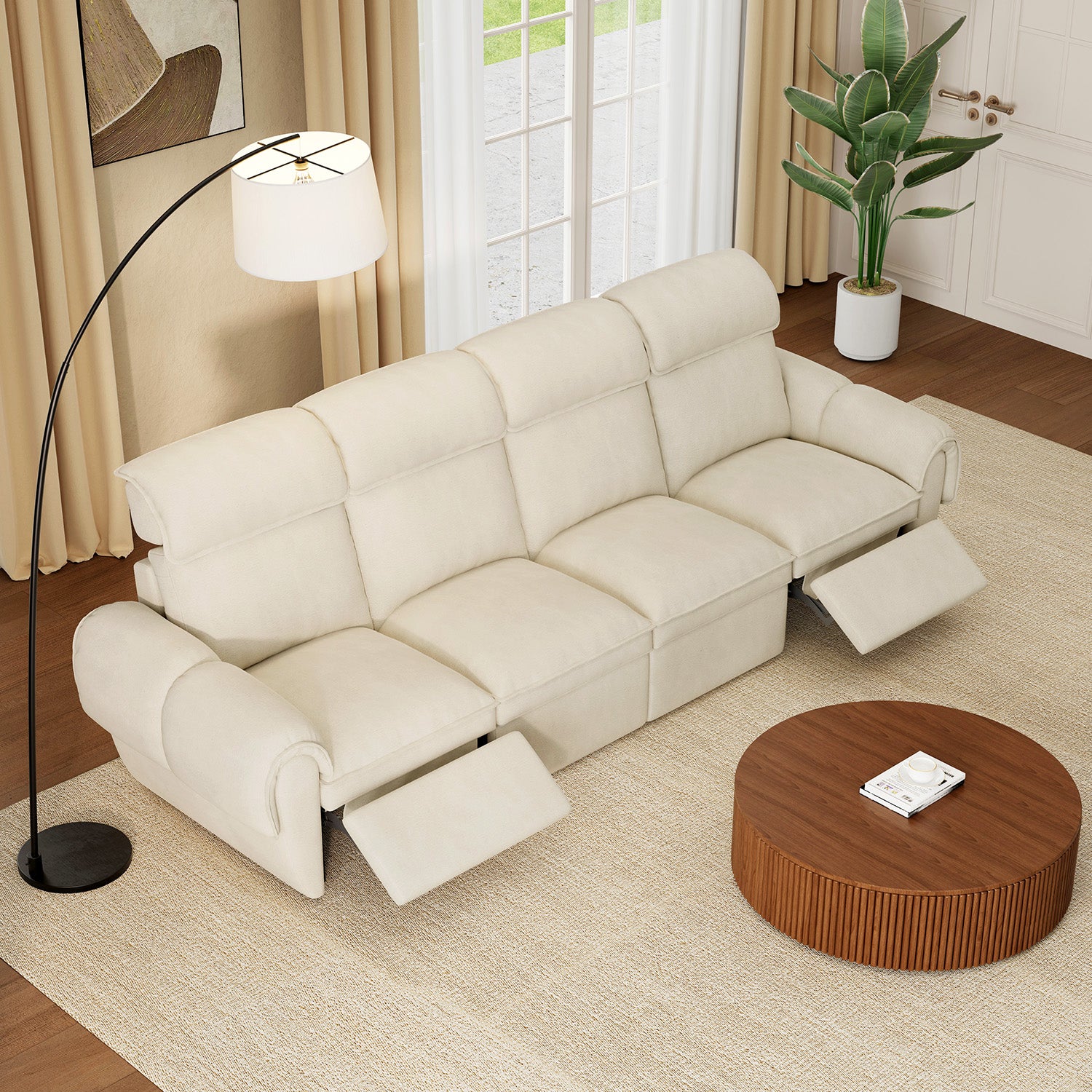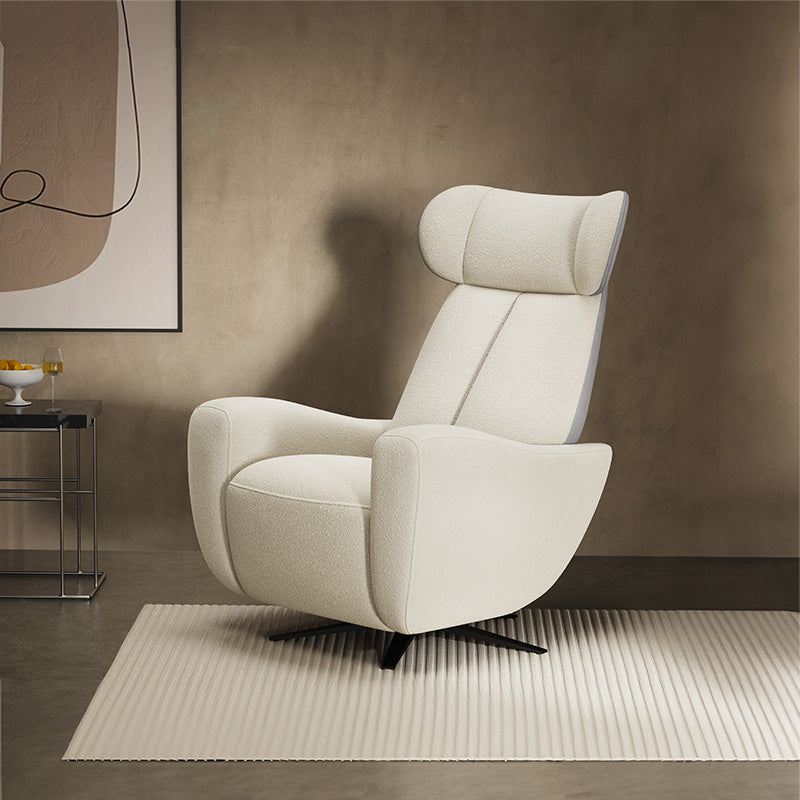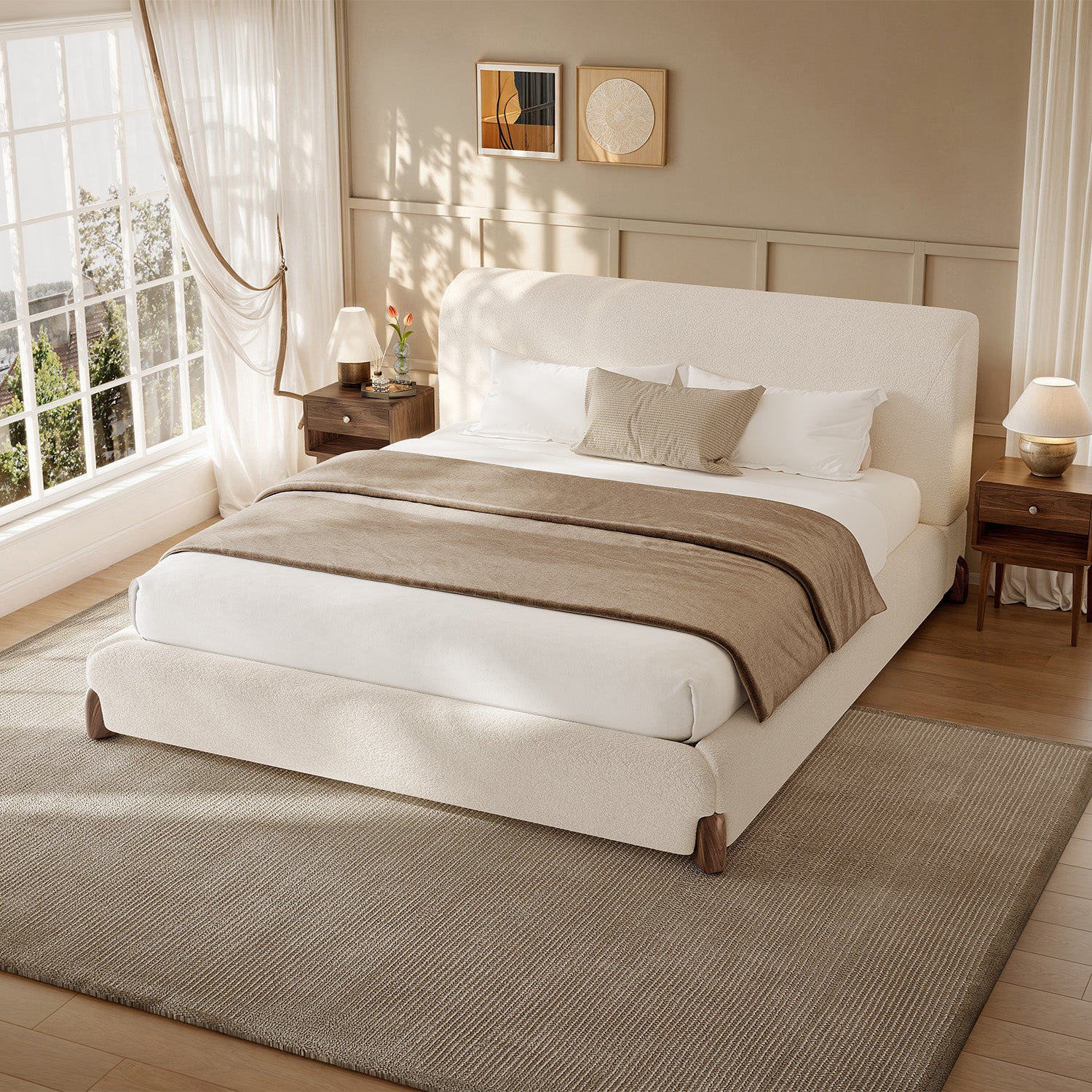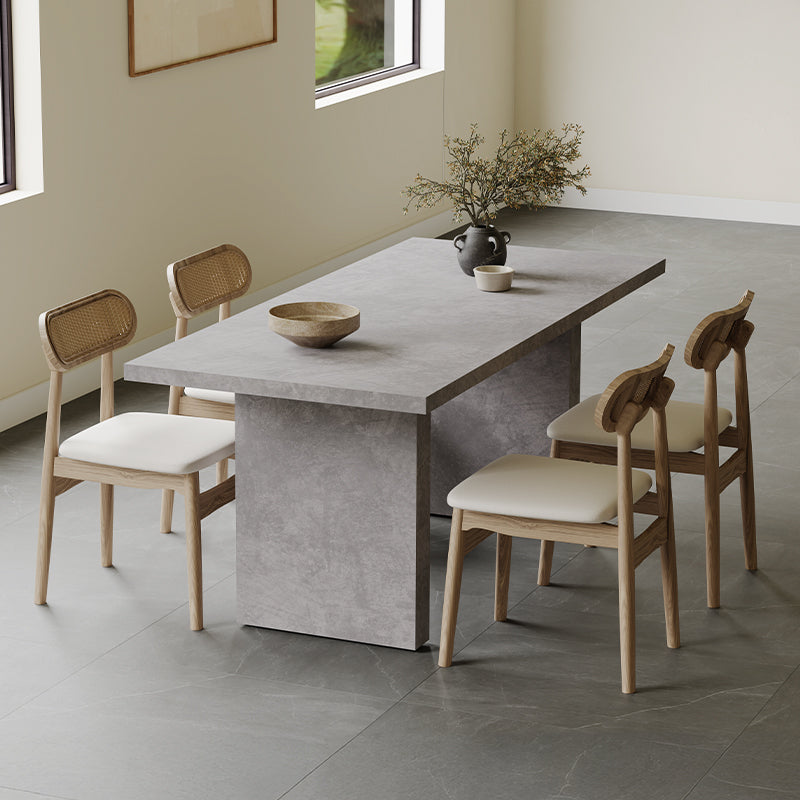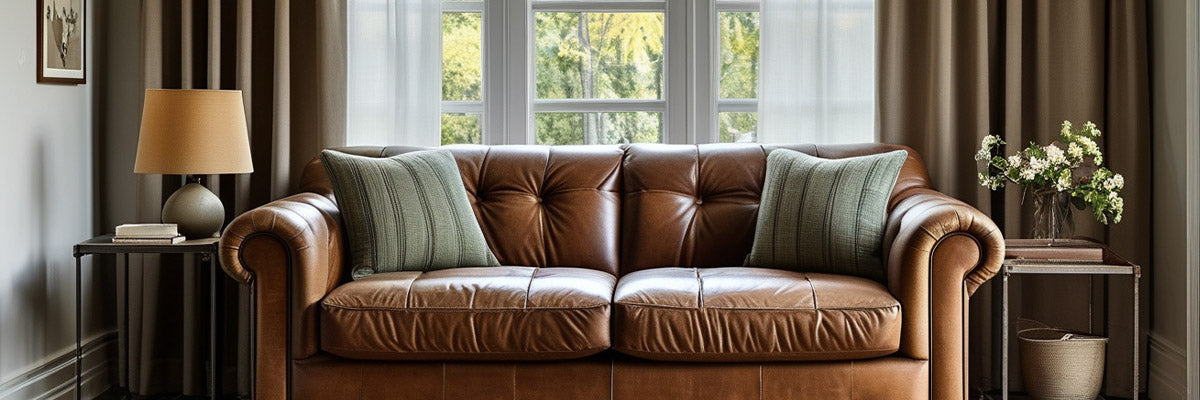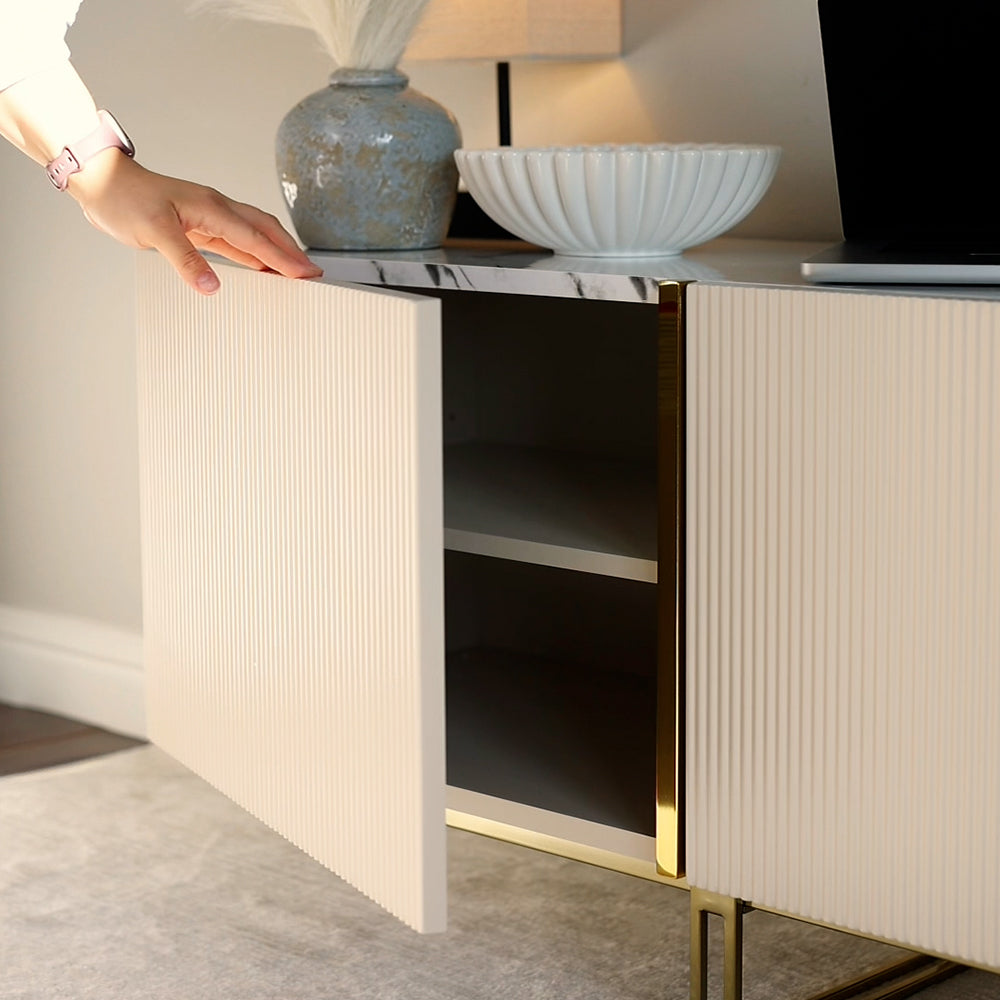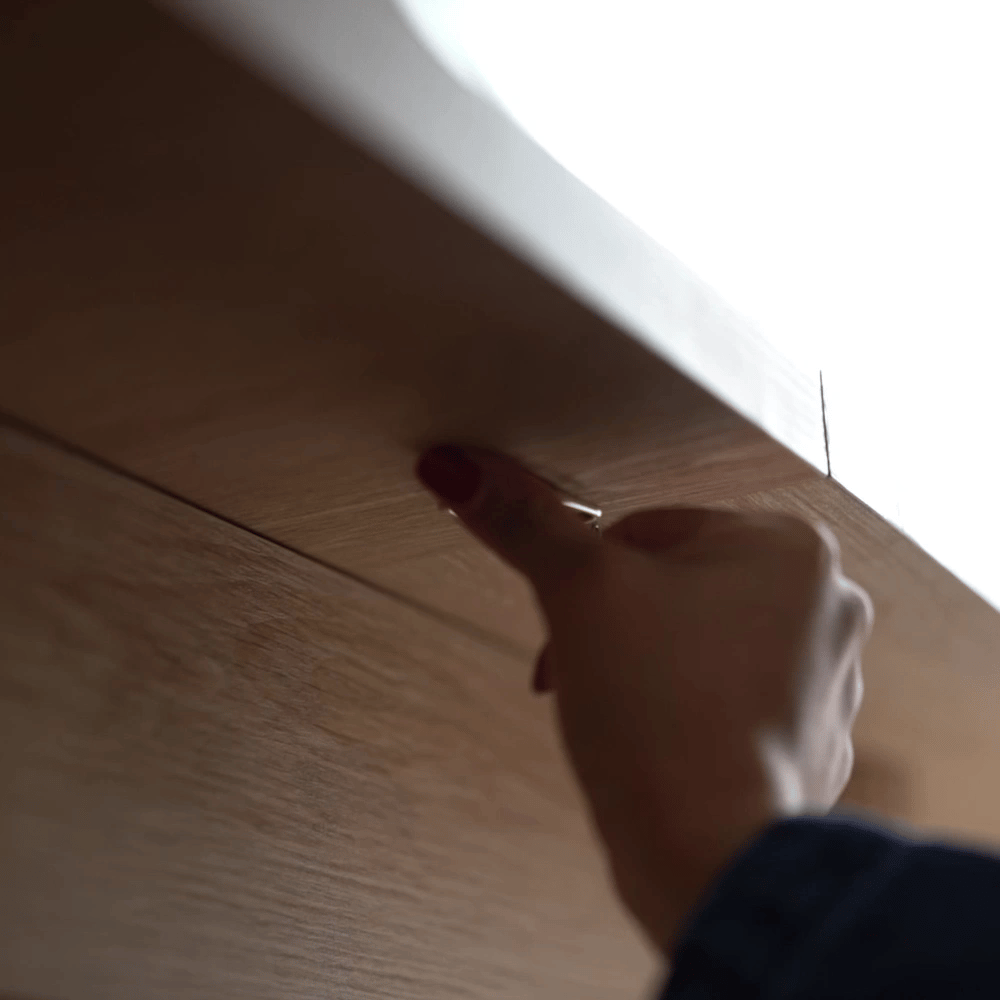Leather sofas are a timeless investment that adds both comfort and sophistication to any home. However, like all furniture, they require regular cleaning to maintain their beauty and extend their lifespan. While leather is durable and easy to clean, it can be sensitive to harsh chemicals, which can damage the material. That’s why many homeowners prefer using home remedies to clean their leather sofas. Natural cleaning methods are not only safer for your furniture, but they are also budget-friendly and effective. In this article, we’ll guide you through simple and effective home remedies for cleaning your leather sofa.
Table of Content
Why Choose Home Remedies for Leather Sofa Cleaning?
Leather is a luxurious material, but it requires a delicate touch. Harsh commercial cleaners can sometimes strip the leather of its natural oils, leading to cracks, fading, and dryness. By using home remedies, you can safely clean your sofa without damaging the leather. Additionally, most home remedies use ingredients that are safe, non-toxic, and environmentally friendly, which is great for those who prefer natural products.
What You’ll Need:
Before you get started, gather the following items, many of which are probably already in your kitchen:
- Soft microfiber cloths or rags
- Vacuum cleaner with a soft brush attachment
- Mild soap (such as Castile soap or baby shampoo)
- White vinegar
- Olive oil or coconut oil
- Baking soda or cornstarch (for stains)
- Water
- A small bowl
- Cotton swabs (optional, for details)
Step 1: Vacuum the Sofa
The first step in cleaning any leather sofa is to remove dust, dirt, and debris that may have accumulated on the surface. Use a vacuum cleaner with a soft brush attachment to gently vacuum the entire surface of the sofa, including cushions and seams. This step is essential, as dirt left on the leather can scratch the surface when cleaning.
If you don’t have a vacuum cleaner, you can also use a soft microfiber cloth or a duster to remove any loose dirt and debris. Be sure to get into the crevices and corners where dirt often hides.
Step 2: Prepare a Gentle Soap Solution

For regular cleaning, you can use a mild soap solution to remove surface grime. Avoid harsh chemicals or cleaners that could damage the leather. To make a safe and effective cleaning solution, mix a few drops of mild liquid soap (like Castile soap or baby shampoo) with a bowl of warm water.
Dampen a microfiber cloth with the soapy water, then wring it out so that it’s not soaking wet. You don’t want excess moisture on the leather, as it can lead to damage over time. Gently wipe down the entire sofa, working in small sections. Be careful not to scrub too hard, as this can scratch the leather.
Once you’ve wiped down the surface, take a second clean cloth dampened with water and gently wipe off any soapy residue. Dry the leather with a clean, dry microfiber cloth.
Step 3: Clean Stubborn Stains with Vinegar Solution
For tougher stains, such as ink or food spills, a vinegar solution can work wonders. Vinegar is a natural cleaner that’s effective in breaking down grime and stains without damaging the leather.
Mix equal parts white vinegar and water in a small bowl. Dampen a cloth with the solution, then gently rub it on the stained area. Always test this solution in an inconspicuous spot first to ensure it doesn't affect the leather’s color.
For stubborn stains, repeat the process until the stain starts to lift. For ink stains, apply the vinegar solution with a cotton swab and blot gently. Avoid rubbing the stain, as this can cause the ink to spread.
Step 4: Remove Greasy or Oily Stains
Oily stains, such as those from food or body oils, are common on leather furniture. Fortunately, natural remedies like baking soda and cornstarch are excellent for absorbing oils and lifting stains without damaging the leather.
To remove an oil stain, sprinkle a generous amount of baking soda or cornstarch onto the stained area. Let it sit for at least 15 minutes, allowing it to absorb the oil. Afterward, gently brush away the powder with a soft brush or vacuum it up. Repeat the process if necessary.
If the stain persists, you can make a thicker paste by mixing cornstarch or baking soda with a small amount of water. Apply the paste to the stain and allow it to dry before brushing it off.
Step 5: Condition the Leather
After cleaning, it’s essential to condition the leather to keep it soft, supple, and free from cracks. Leather naturally loses oils over time, so conditioning helps replenish these oils and prevent the material from drying out.
You can use natural oils like olive oil or coconut oil to condition the leather. Simply apply a small amount of oil to a microfiber cloth and rub it gently into the leather in circular motions. Be cautious not to use too much oil, as this can leave the leather feeling greasy.
Allow the oil to soak in for about 15-20 minutes, then use a dry cloth to buff the leather and remove any excess oil. This will leave the leather soft, shiny, and hydrated.
Step 6: Deep Cleaning with a DIY Leather Cleaner (Optional)

If your leather sofa has accumulated significant grime or looks particularly worn, you can make a deeper cleaning solution using simple ingredients.
Mix 1/2 cup of olive oil, 1/4 cup of white vinegar, and 1/4 cup of water in a spray bottle. Shake the bottle to combine the ingredients, then lightly spray the mixture onto the leather. Use a soft microfiber cloth to gently buff the leather in circular motions. This combination cleans and conditions the leather at the same time, leaving it soft and well-maintained.
Step 7: Protect and Maintain the Leather
To protect your leather sofa from future dirt, stains, and damage, consider applying a leather protector. While some commercial protectants are available, you can also create your own by mixing a small amount of white vinegar with water and lightly misting the surface. Wipe off any excess and allow the sofa to dry before using it.
Additionally, it’s important to regularly clean your leather sofa to avoid dirt buildup. Vacuuming and wiping down your furniture every few weeks can help maintain its appearance and prolong its life.
Conclusion
Cleaning and maintaining a leather sofa doesn’t need to be complicated or expensive. By using simple home remedies, you can safely and effectively clean, condition, and protect your leather furniture, all while saving money on commercial products. Regular cleaning and conditioning not only preserve the appearance of the leather but also ensure its longevity. Whether you're tackling everyday dirt or removing stubborn stains, these natural, DIY methods will help keep your leather sofa looking beautiful and comfortable for years to come.
If you want to buy our home furniture or couch for living room, you can check out more on our store

